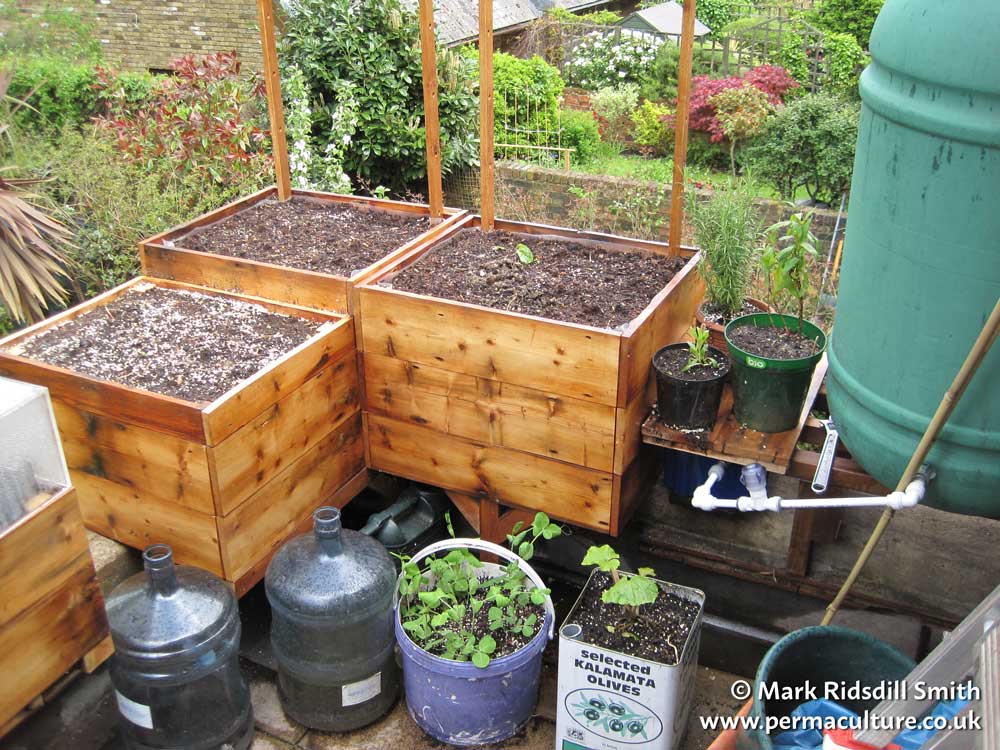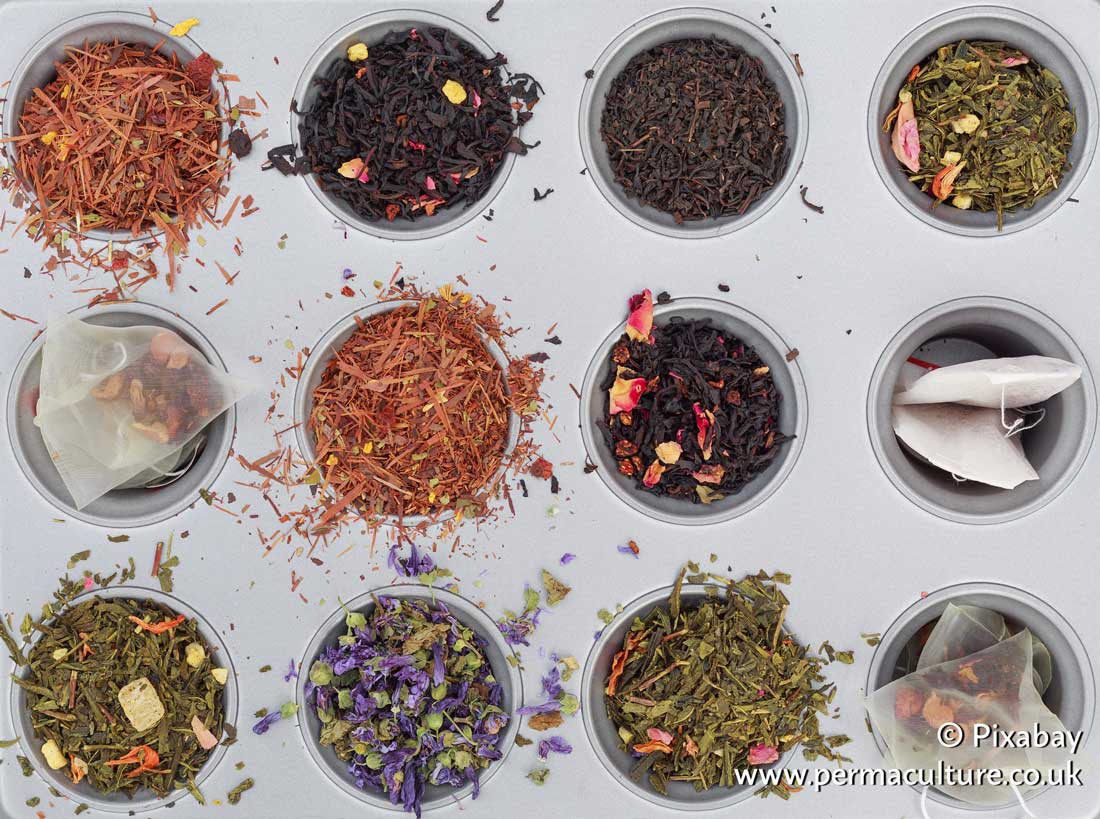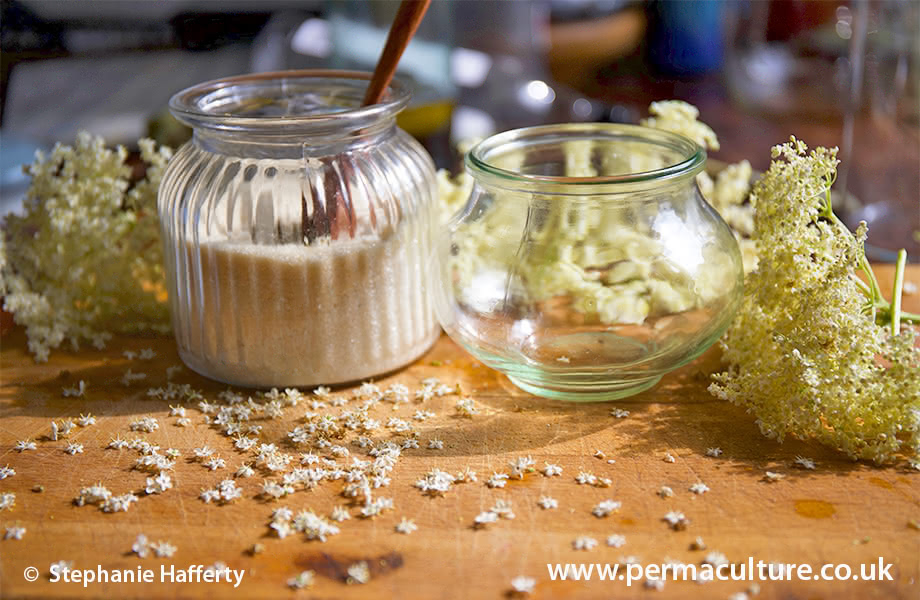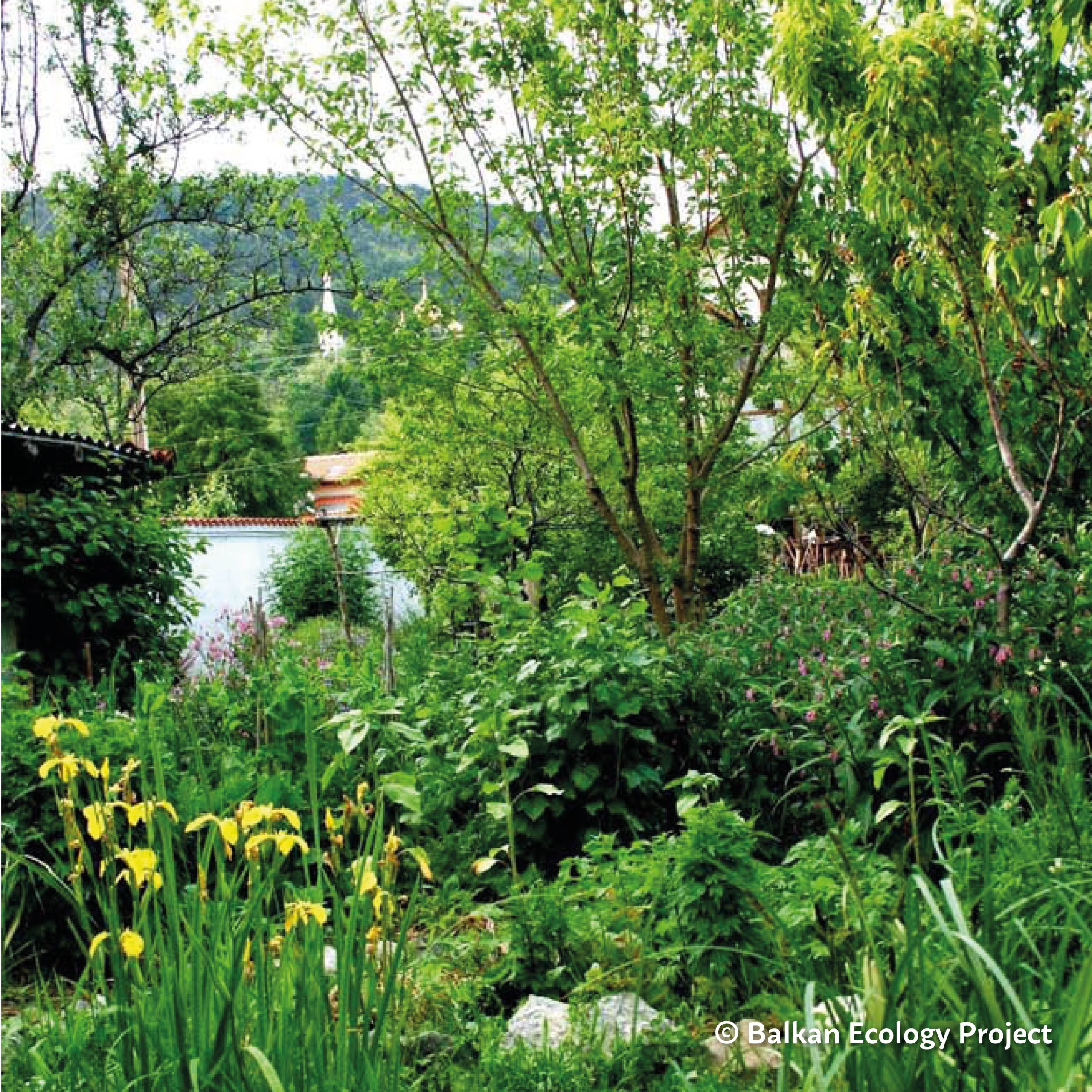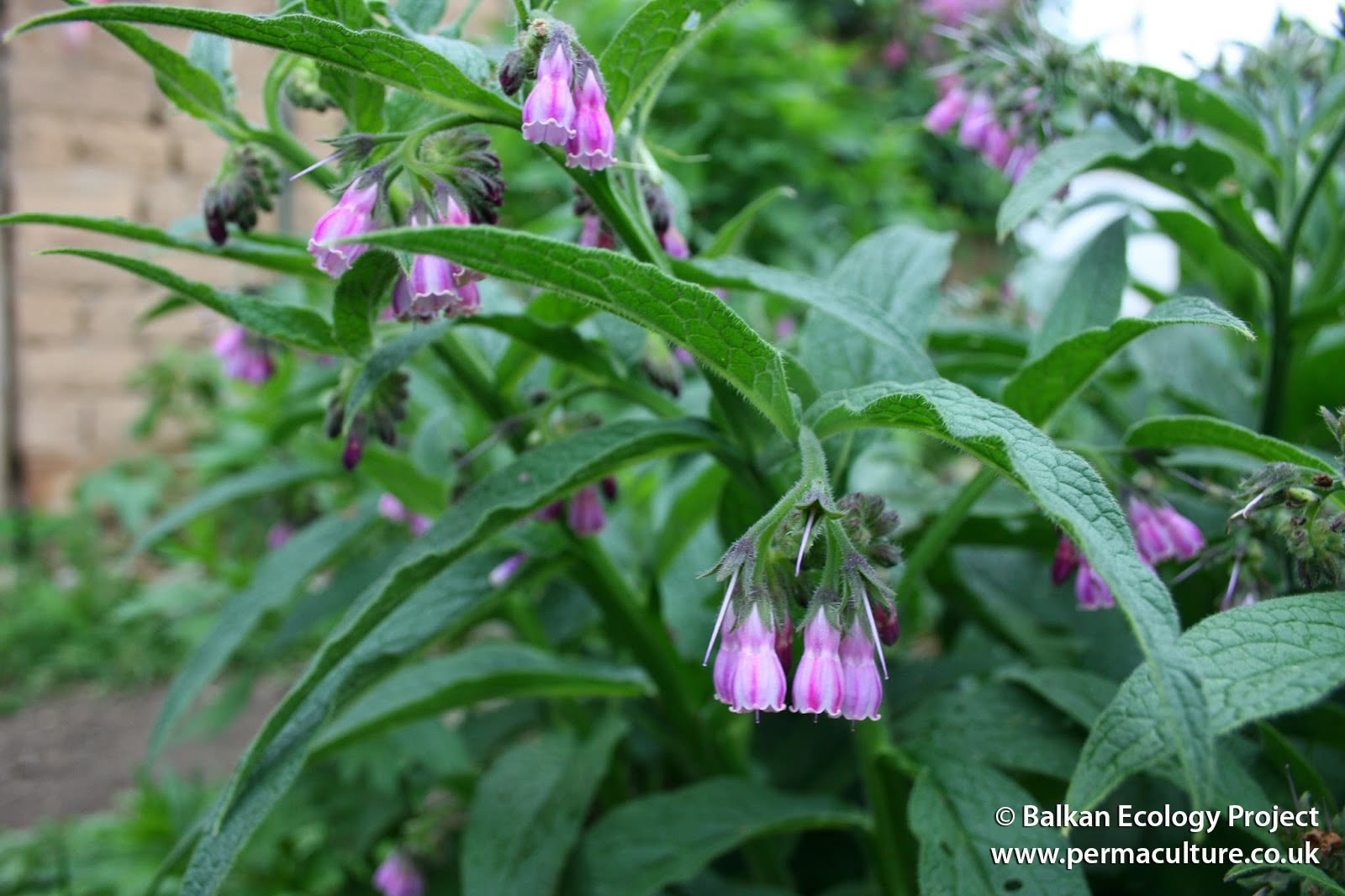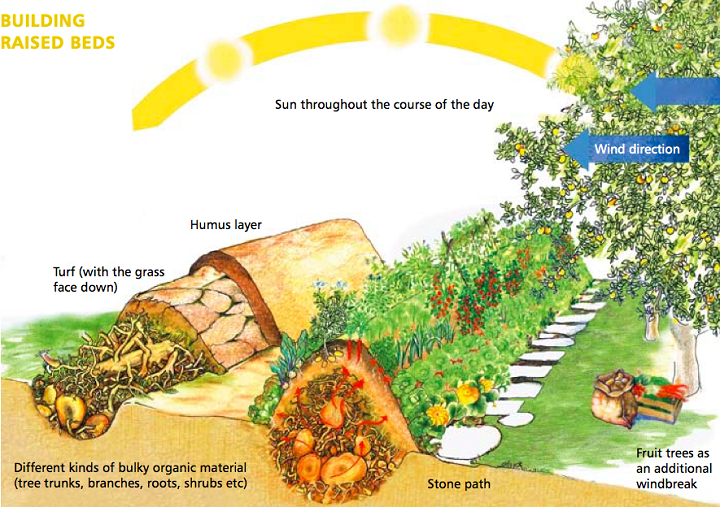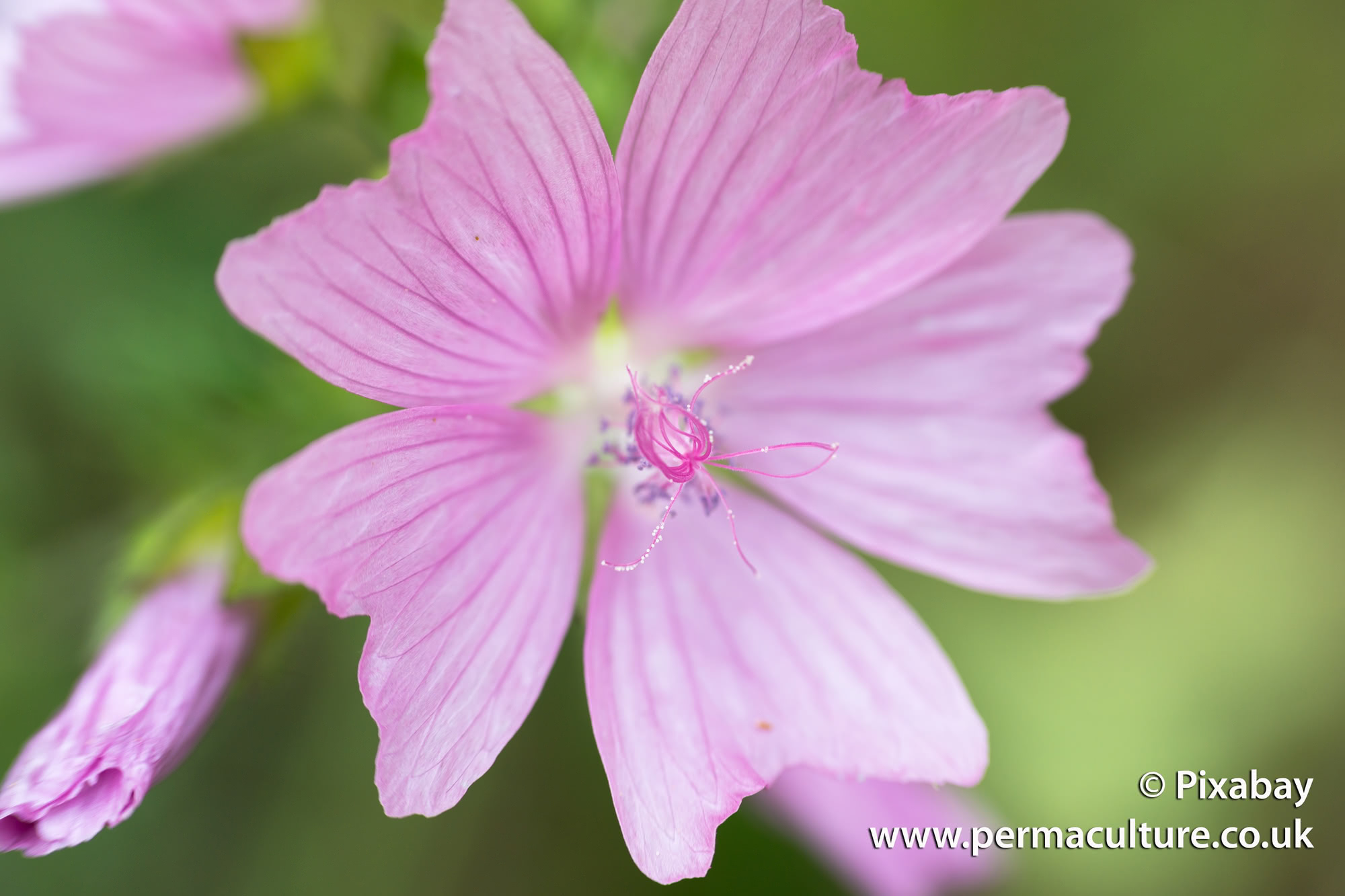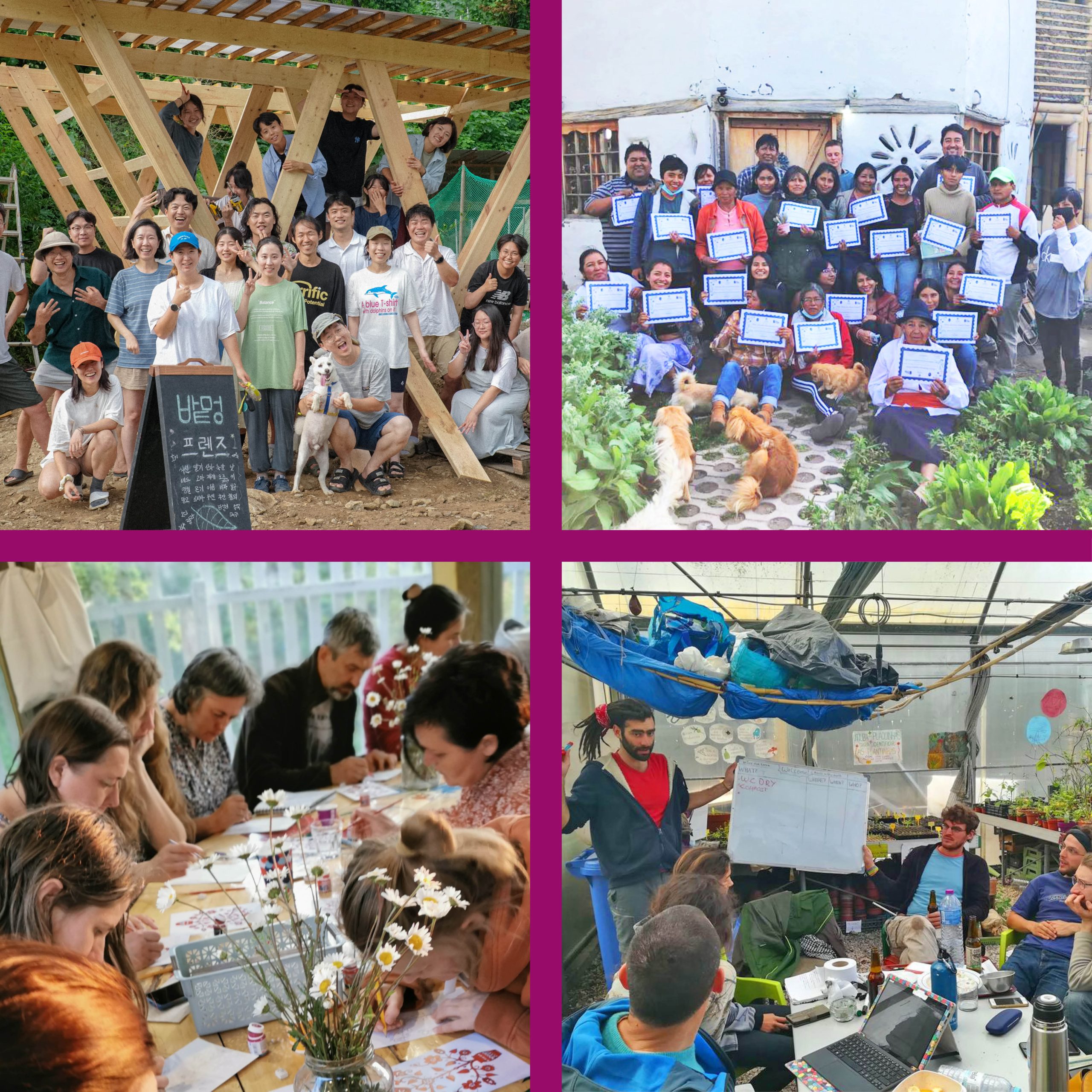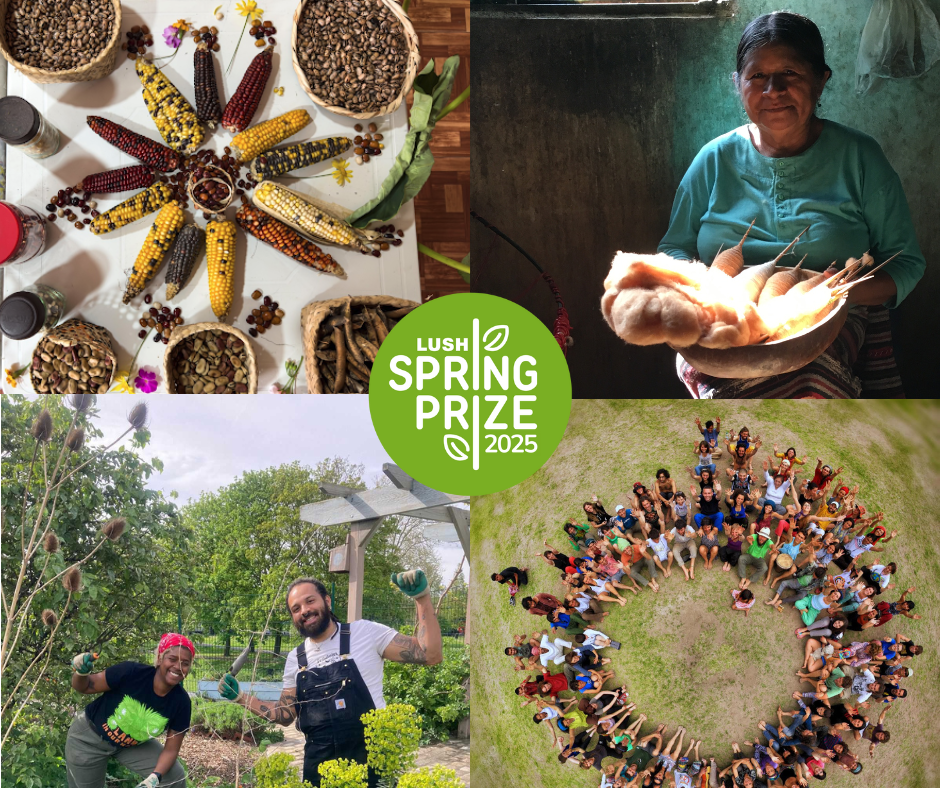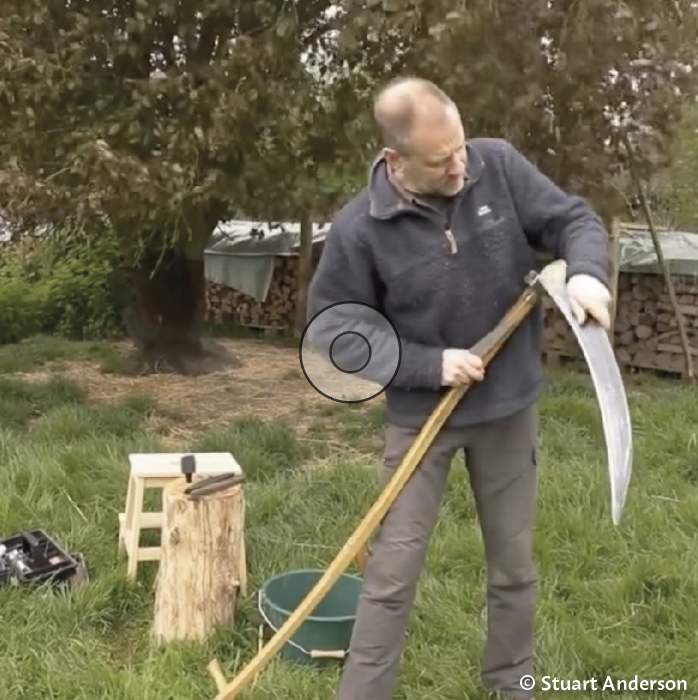In this beautifully crafted and insightful guide, Perrine and Charles Hervé-Gruyer’s third instalment, is as engaging as the first.
While the book serves as a practical toolkit for those interested in microfarming, its lessons are relevant to anyone looking to deepen their connection with sustainable living by providing food for the family and perhaps the local community. Combining practical advice with rich storytelling and stunning imagery, Perrine and Charles present a blend of theory and hands-on knowledge, grounded in the traditions of small-scale family farming.
Drawing upon their own experiences, the authors cover a wide range of useful and easy to replicate topics, including seed harvesting, pest management and crop cultivation, as well as generously sharing with readers tips on how to buy their first piece of land through to selling products that help support readers in their own development of a microfarm.
Their approach blends modern techniques with traditional wisdom, including clearly explaining practices like animal draughting and tool maintenance, but the authors narrative is always from a holistic perspective, emphasising interconnectedness of nature, producing food, and the human role within the ecosystem.
This approach makes Creating a Microfarm an enjoyable and relevant read even for those of us not planning to start our own microfarm, and much of the content of each of the chapters is well suited and replicable for the permaculturists back garden or allotment space.
It is clear that Perrine and Charles want to inspire the readers to cultivate ‘miraculous abundance’ on their own land in their own way, so whether you’re an experienced back garden grower, permaculture small holder or a newcomer to market gardening, this book will empower you to give it a go.
Ultimately, this is a celebration of the possibilities offered by small-scale, sustainable market gardening. A true treasure for anyone interested in either growing their own food to be self-sufficient or contributing towards food security for their local community.
Rachel Phillips, www.apricotcentre.co.uk
